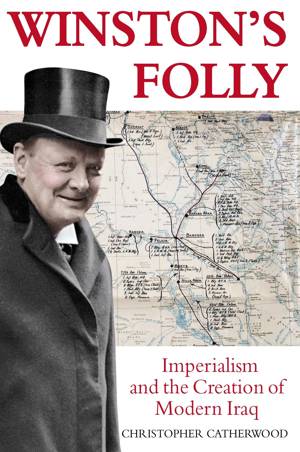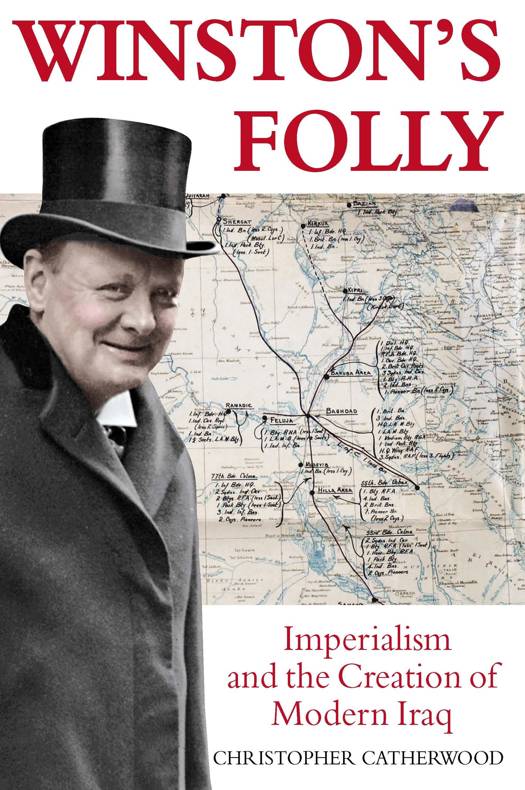
- Afhalen na 1 uur in een winkel met voorraad
- Gratis thuislevering in België vanaf € 30
- Ruim aanbod met 7 miljoen producten
- Afhalen na 1 uur in een winkel met voorraad
- Gratis thuislevering in België vanaf € 30
- Ruim aanbod met 7 miljoen producten
Zoeken
Winston's Folly E-BOOK
How Winston Churchill's Creation of Modern Iraq led to Saddam Hussein
Christopher Catherwood
E-book | Engels
€ 3,99
+ 3 punten
Omschrijving
As Colonial Secretary in the 1920s Winston Churchill made a decision regarding the Middle East that was to have calamitous consequences. Scholar and strategic policy consultant, Christopher Catherwood discusses how Churchill created an artificial monarchy of Iraq after the First World War, forcing three radically different peoples to combine under a single ruler. Today's map of the Middle East, the rise of Saddam Hussein and Gulf Wars of 1991 and 2003 are the unwitting legacy of a conference led by Churchill in Cairo in 1921. Inducing Arabs under the rule of the Ottoman Turks to rebel against their oppressors - abetted by T. E. Lawrence - the British and French during the First World War convinced the Hashemite clan that they would rule over Syria. In fact, Britain had already promised the territory to the French. Partly to make amends and partly for pragmatic economic reasons, Churchill created a single nation state, Iraq, and made the Hashemite leader Feisel king of a land with which he had no connection. Catherwood dissects Churchill's decision - the results of which continue to cause terrible grief to Iraq's indigenous peoples and anxiety to the rest of the world.
Specificaties
Betrokkenen
- Auteur(s):
- Uitgeverij:
Inhoud
- Taal:
- Engels
Eigenschappen
- Productcode (EAN):
- 9781472120403
- Verschijningsdatum:
- 17/06/2015
- Uitvoering:
- E-book
- Beveiligd met:
- Adobe DRM
- Formaat:
- ePub

Alleen bij Standaard Boekhandel
+ 3 punten op je klantenkaart van Standaard Boekhandel
Beoordelingen
We publiceren alleen reviews die voldoen aan de voorwaarden voor reviews. Bekijk onze voorwaarden voor reviews.











